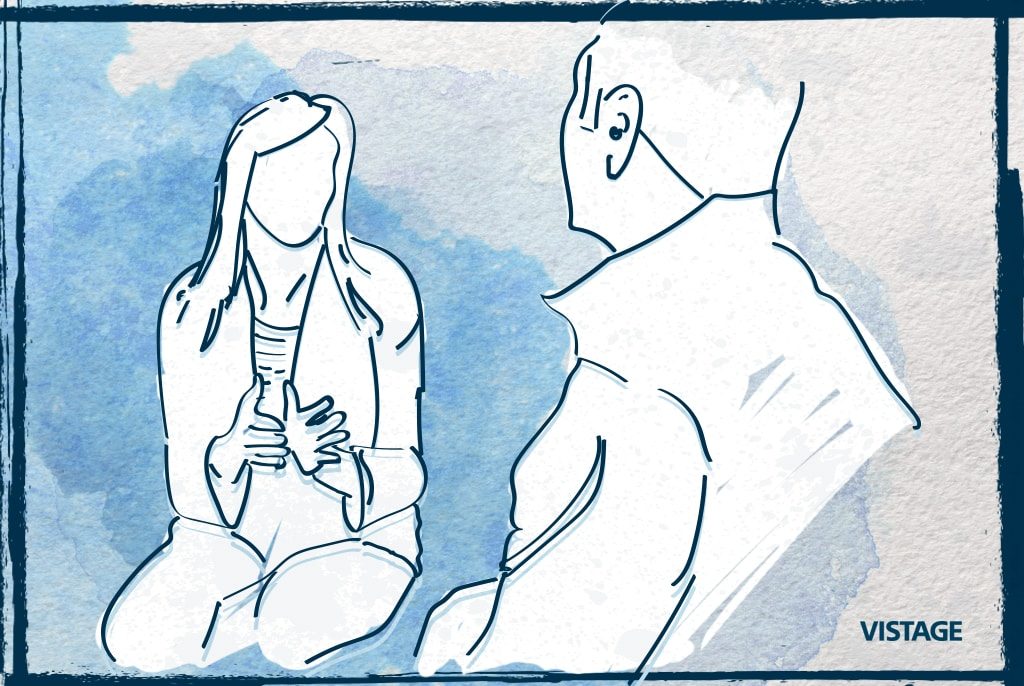Listening: the key to effective employee evaluations

At the end of the year, many supervisors probably met with their subordinates to evaluate performance. Such evaluations are most effective when they trigger a conversation, not just on the accomplishment of outcome and process goals, but also on continuous improvement: what will it take to be even more effective in the upcoming year (see www.eval2win.com)? Did your year-end evaluations follow this model? Do your employees have clear paths on how to be more effective in their roles in 2016?
Before next month’s or quarter’s evaluations, understand how you can conduct the most beneficial employee performance evaluations so both parties involved can leave the meeting with clear next-steps and feeling satisfied with the outcome. The key to success in these evaluations is effective listening – going beyond hearing the words to truly understanding what the other person is saying. Pay close attention to tone, pauses, body language, etc., and ask follow-up questions to get to the underlying issues that are missed with surface questions.
In Just Listen: Discover the Secret to Getting Through to Absolutely Anyone, Mark Goulston raises a number of tips on how we can listen more effectively. The goal is to go from transactional to transformational, by learning how to respond with targeted questions. For instance, if you’re not sure you’re getting a solid answer to a question, let the other person help out, by asking:
“What question did I fail to ask or what problem did I fail to address that, if I had, would have caused you to give me a different answer?”
Another valuable tip involves how to move a person from “crisis” to resolution. For instance, a series of ever more in-depth questions can be asked:
- Begin broad: “Tell me what happened.”
- After you get an answer, follow-up for clarification: “I need to make sure that I heard exactly what you said, so I don’t go off in an incorrect direction. If I heard you right, what you said is… [repeat back their answer]. Is that correct?”
- After getting confirmation, move to the emotional level: “What makes you feel angry/frustrated/upset about this?”
- Next, move to the resolution stage: “And why is it important to fix this or make it better?”
With that answer you will be able to begin a collaborative effort to identify and gain agreement on the solution. This increases the odds of success as the communication is clear and both sides have some ownership!
What tips do you have to make sure listening is effective and generates deeper understanding for solutions? Share in the comments below!
Jerry Cahn, Ph.D., J.D., is a NYC Vistage Chair and speaker on creativity/innovation models for growth (including “Are You Ready for Exponential (10X) – Growth?”), corporate structure, strategy, culture and accountability. He teaches for CUNY and University of Shanghai, and blogs for the Presentation Excellence Group. He can be reached at 646-290-7664 or jerry.cahn@vistagechair.com
Category : Leadership

